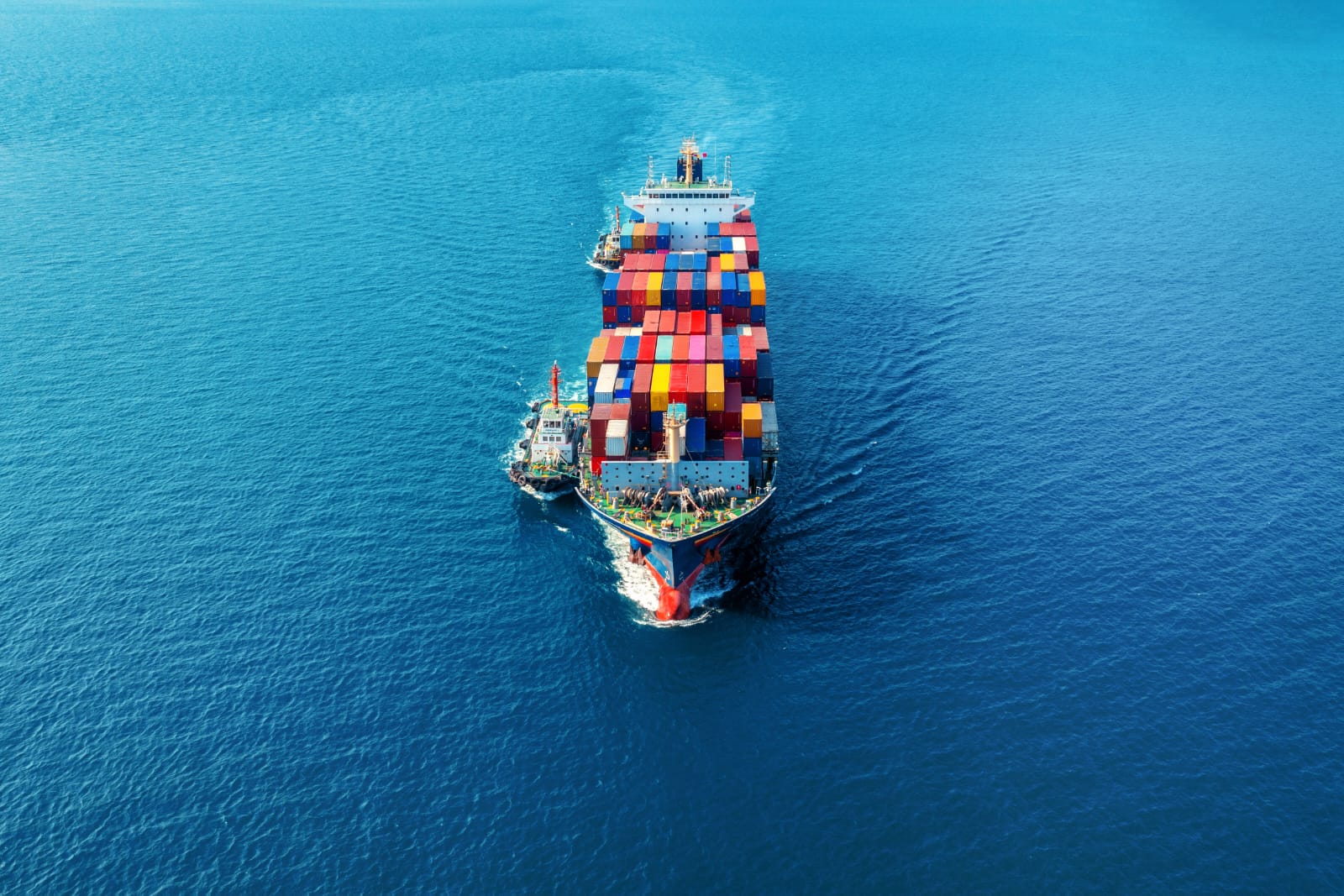Shipping is the engine of global trade. Nearly 90% of the world’s cargo is transported by sea, making this industry an essential pillar for modern economies. In this context, technological innovation has not lagged behind: artificial intelligence (AI) is radically transforming the way ships operate, bringing greater efficiency, safety and sustainability.
How is AI changing shipping?
The incorporation of AI-based automated systems has brought a number of advances that not only optimize processes, but also enhance onboard safety. Below, we explore some of the most outstanding applications:
Behavior-based safety
One of the most promising developments is the use of AI-powered vision platforms. These analyze thousands of hours of CCTV footage to identify risky behavior in real time. The result? Continuous crew monitoring, detection of proper use of personal protective equipment (PPE) and compliance with safety procedures.
2. Avoid collisions before they occur
Thanks to a network of cameras, thermal sensors and navigation equipment, automated systems can detect hazards in the ship’s environment and alert the officer of the watch in real time. AI helps prioritize threats, reduce human workload and minimize errors, especially in conditions of low visibility or high maritime traffic.
3. Intelligent fire detection
Traditional fire detection systems trigger alarms after detecting smoke, heat or flames. In contrast, AI can analyze video signals in real time to anticipate these events. By learning from previous incidents, these systems improve their accuracy over time, representing a breakthrough in early protection of life and cargo.
4. Route optimization: more efficiency, less environmental impact
Another tangible benefit of automated systems is route optimization. By analyzing weather conditions, currents and sea state, AI suggests more efficient and environmentally friendly routes. This reduces fuel consumption and emissions, which translates into greater savings and environmental commitment.
5. Prevention of incidents due to misdeclared cargo
Misdeclaration of dangerous goods is one of the most common causes of container fires. With AI, it is possible to cross-reference information such as weight, dimensions and documentation to detect anomalies that might go unnoticed. This allows action to be taken prior to shipment, improving the overall safety of the vessel.
What challenges accompany these advances?
Although the advantages of AI are obvious, its implementation also requires caution and a responsible approach. Among the main challenges are:
Cybersecurity: Automated systems must be protected against possible cyberattacks. This requires updating protocols and creating contingency plans.
Data quality: For AI to work accurately, it needs reliable and well-structured data.
Personnel training: The crew must be trained to interact with these systems safely and effectively.
Not replace, but complement: While AI is powerful, it should not completely replace human supervision and traditional equipment. The balance between automation and human judgment remains crucial.
Artificial intelligence in shipping is no longer a vision of the future: it is a growing reality that is redefining the safety, efficiency and sustainability of the industry. While technical, operational and ethical challenges remain to be solved, what is certain is that automated systems have the potential to mark a before and after in global shipping.
Choose the right transportation provider and ensure that your company has a partner that offers reliability, efficiency and flexibility. Aspects such as technology, geographic coverage and customer service are essential to ensure a transport service that meets your needs.
Airmar not only meets these requirements, but exceeds them, making it an outstanding option for any company seeking to optimize its logistics and transportation. Don’t let logistics be a concern, choose Airmar and make sure your shipments always arrive on time and in perfect condition. Learn all about our services.
